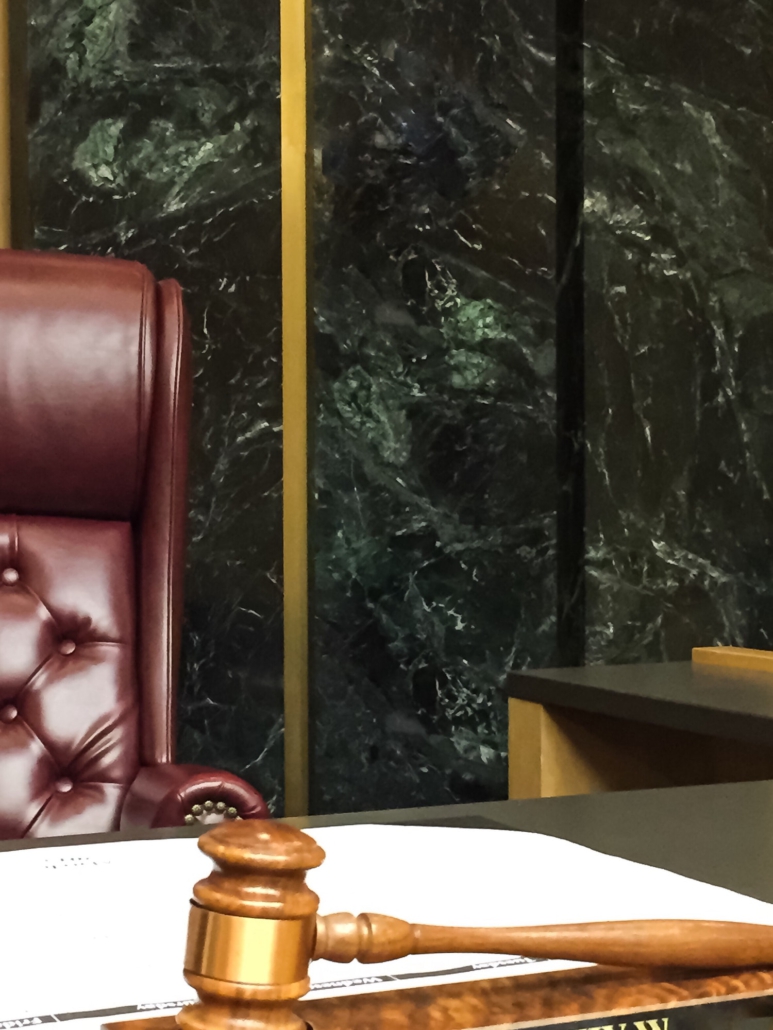“The specificity of the application must also be examined ex officio in appeal proceedings by
(BGH, judgment of 16. December 2021 – I ZR 201/20,
GRUR 2022, 229 [juris para. 21] = WRP 2022, 318 – ÖKO-TEST III, mwN). According to
Section 253 (2) no. 2 ZPO, an application for an injunction – and according to Section 313 (1)
no. 4 ZPO a conviction based on it – must not be worded so vaguely that the subject matter of the dispute and the scope of the court’s power of review and decision (Section 308 (1) ZPO) are not clearly delineated, the defendant is therefore unable to defend itself exhaustively and the decision as to what it is prohibited from doing is ultimately left to the enforcement court (st. case law; see BGH, judgment of September 9, 2021 – I ZR 90/20, BGHZ 231, 38 [juris para. 19] – Influencer I, mwN). Sufficient certainty is usually given if reference is made to the specific infringing act and the claim, at least by referring to the claim, unambiguously indicates the characteristics of the challenged conduct in which the basis and the connecting factor for the infringement of competition and thus the injunction should lie (cf. BGH, judgment of November 8, 2018 – I ZR 108/17, GRUR 2019, 627 [juris para. 15]=WRP2019,731 – Deutschland-Kombi; decision of February 4, 2021 – I ZR79/20,K&R 2021, 333 [juris,para.12]).
Accordingly, the Court of Appeal correctly assumed that
the reference to the USB stick submitted by the plaintiff as Annex K 1 to the files , which indisputably fully documents the telemedia offer complained of as a specific form of infringement, is sufficient to substantiate the plaintiff’s applications for injunctive relief.”






